- Blogs
- Stay Cool and Slash AC Costs: The Ideal Fan Placement for Extreme Summer Temps
Stay Cool and Slash AC Costs: The Ideal Fan Placement for Extreme Summer Temps

Temperatures around the world have hit new highs this year with the hottest month on record in July. Whilst the UK has escaped this heat for the most part that doesn’t mean that we shouldn't prepare ourselves.
But worry not! Coping with this heat wave need not entail exorbitant air conditioning bills. There is a thrifty solution to stay cool – the trusty window fan. Yes, that's correct!
Before promptly stationing the fan anywhere, there's an insider tip for extracting its maximum cooling potential. The prime directive: fan placement matters! Experts from the UK Department of Energy & Climate Change reveal that for optimal cooling efficiency, the fan should be positioned in a window where the airflow is directed outward, away from the interior of your abode. This strategy facilitates the expulsion of the stifling hot air, thus alleviating discomfort.
Strategic Fan Placement for Enhanced Cooling Effect
Remember to secure the windows adjacent to the fan, allowing only one exit route for the hot air – outwards! But hold on, there's more! To truly amplify the refreshing airflow, open windows in rooms distant from the fan's location, where the breeze is oriented towards the indoors. Just be certain that these open windows are situated in cooler, shaded zones – not directly under the sun's rays. This configuration ushers in cooler air while the fan concurrently expels the oppressive heat.
For those blessed with multi-story residences, consider situating the fan on the second floor. Next, open windows on the main floor, fostering cross-ventilation to achieve a delightful cooling effect. Alternatively, if you lack multiple floors, you can experiment with deploying multiple fans in assorted areas of your domicile.
Effective Tactics for Reducing Air Conditioner (AC) Costs
Summer has arrived, and with it, the necessity to maintain pleasant indoor temperatures prevails. Yet, operating an air conditioner (AC) frequently results in escalating energy expenses. Fortunately, there exist several methodologies to remain comfortably cool without relinquishing financial prudence, all while curbing AC-related expenditures. This discourse delineates a spectrum of pragmatic strategies and guidelines, empowering you to achieve a refreshing living environment while simultaneously curtailing your energy outlays.
1. Achieving Coolness without Compromise
1.1 Precise Temperature Settings
Calibrating your thermostat to the correct temperature marks the inaugural step in cultivating a cozy and energy-efficient living space. The Department of Energy advocates selecting 78 degrees Fahrenheit during the summer months, a setting that imparts comfort while mitigating excessive energy consumption.
1.2 Fortifying Door and Window Enclosures
Permeable apertures in the form of doors and windows can substantially compromise your AC unit's efficacy. Preventing the escape of chilled air and the intrusion of heated air necessitates meticulous sealing of gaps and crevices encircling these openings. Utilizing weatherstrips or caulk proves instrumental in fortifying these areas, forestalling undesirable air interchange.
1.3 Synergizing Ceiling Fans with AC Operation
Ceiling fans harmonize seamlessly with your AC system, heightening the cooling impact within your dwelling. By availing yourself of ceiling fans, you can enhance the circulation of cooled air emanating from the AC, engendering an even dissemination of comfort. This strategic synergy enables you to modestly elevate the thermostat setting, all while preserving comfort levels, thereby leading to diminished energy consumption and more frugal cooling expenses.
2. Techniques to Sever AC Expenditures
2.1 Integration of a Programmable Thermostat
Incorporating a programmable thermostat emerges as a potent stratagem for optimizing your AC's energy utilization. This device empowers you to prearrange temperature schedules corresponding to your daily routine. By adapting temperature settings during your absence or during nighttime, you avert needless cooling, effectively economizing on energy costs.
2.2 Scheduled Maintenance for the AC Unit
Scheduled maintenance emerges as a pivotal practice to sustain your AC unit's operational efficiency and thwart the risk of costly repairs. Accumulated debris in the form of clogged filters and coils, among other issues, can impede your air conditioner's performance, consequently inflating energy consumption. Enlist professional maintenance annually to ensure pristine conditions, enabling your AC to function optimally.
2.3 Embrace Energy-Conservation Measures
Instating energy-conservation measures can profoundly contribute to expenditure reduction. For instance, when operating an air conditioner, exercise restraint in setting the temperature excessively low. Each incremental reduction in temperature exacts additional energy consumption, underscoring the advisability of selecting a comfortably moderated temperature setting. Furthermore, it is judicious to preserve closed windows and doors during AC operation, effectively thwarting the influx of warm external air.
3. Pioneering Energy Efficiency within Your Abode
![Stay Cool And Slash AC Costs]() 3.1 Shuttering Vents in Underutilized Spaces
3.1 Shuttering Vents in Underutilized Spaces
Rooms infrequently employed can witness the cessation of airflow by closing their respective vents. This enables the rerouting of cooled air towards more frequented zones, ensuring heightened efficiency and economic prudence.
3.2 Commissioning an Energy Audit
A comprehensive energy audit scrutinizes energy consumption patterns within your domicile, spotlighting opportunities for enhancement. By enlisting a professional energy audit, you receive tailored counsel to augment energy efficiency and curtail AC-related costs.
3.3 Transition to an Energy-Efficient Air Conditioning System
Should your existing AC unit exhibit obsolescence or inefficiency, the prospect of migrating to an energy-efficient model emerges as a prudent investment. Models bearing the ENERGY STAR emblem conform to stringent energy efficiency standards stipulated by the Department of Energy.
While the initial expenditure might prove steeper, the protracted savings from diminished energy consumption can eventually surpass the upfront disbursement.
4. Fostering Energy Efficiency at Home
4.1 Optimal Insulation Implementation
Efficient insulation is an indispensable facet in sustaining an agreeable indoor milieu and limiting energy wastage. Attaining optimal insulation involves sealing any apertures, integrating insulation into walls and attics, and adopting dual-pane windows to impede heat transference.
4.2 Enshroud Windows with Blinds or Shades
The sun's radiance can rapidly elevate indoor temperatures, compelling your AC unit to exert greater effort. To counteract this heat influx, encompass your windows with blinds or shades during the most sweltering times of day. This measure deters direct sunlight penetration, thereby orchestrating natural cooling.
4.3 Harness Natural Ventilation Ploys
Leverage natural ventilation methods to usher in a refreshing ambiance. Capitalize on cooler morning and evening periods to unlatch windows, facilitating the influx of fresh air and inducing cross-currents. The inclusion of window fans augments air circulation and stimulates innate cooling mechanisms.
5. Ancillary Techniques to Trim Cooling Expenditure
5.1 Daytime Curtailment of Window Coverings
Drawn curtains or blinds during daytime periods can appreciably diminish heat infiltration. This unassuming technique can significantly ameliorate indoor temperatures, culminating in a commensurate reduction of cooling expenditures.
5.2 Cultivate Shade with Tree and Shrub Plantations
Strategic afforestation of shading trees and shrubbery can intercept solar radiation and attenuate heat absorption. By cultivating these natural shade providers, you can ameliorate reliance on AC operation and accrue energy savings.
5.3 Abate Heat-Generating Activities
Domestic activities like stove cooking, dishwashing, and appliance drying can propagate indoor heat, escalating cooling demands. Rationalizing these activities during the heat apex of the day can obviate superfluous warmth accrual, thereby tempering dependence on air conditioning.
By adhering to these counsels and instituting energy-sparing protocols, you can bask in coolness and significantly diminish your AC-related expenditures. Maintain a conscientious outlook regarding energy utilization and judiciously enact decisions to optimize energy efficiency within your dwelling. Remember, minor alterations can wield major dividends, benefiting both your finances and the environment.
Frequently Asked Questions
Q: How can I slash my air conditioner (AC) costs?
A: There are several ways to slash your AC costs and save energy. Some of the top 10 tips include:
Q: What is the importance of a programmable thermostat?
A: A programmable thermostat is important because it allows you to set different temperatures for different times of the day. This helps optimize energy usage and save money on cooling costs.
Q: How can I keep my home cool without sacrificing comfort?
A: Keeping your home cool without sacrificing comfort can be achieved by using ceiling fans, keeping windows and doors closed during the hottest parts of the day, and using curtains or blinds to block out direct sunlight.
Q: How can I save energy and money with my air conditioning unit?
A: You can save energy and money with your air conditioning unit by keeping it well-maintained, ensuring proper insulation in your home, and minimizing heat gain by blocking out direct sunlight.
Q: What are some simple tricks to keep my home cool?
A: Some simple tricks to keep your home cool include using fans to circulate air, closing off unused rooms, and using natural ventilation when possible.
Q: Is it better to run the air conditioning unit all day or turn it on and off?
A: It is more energy efficient to turn the air conditioning unit on and off when needed, rather than running it continuously. This helps reduce energy consumption and lower cooling costs.
Q: How can I save on electricity bills during the summer?
A: To save on electricity bills during the summer, you can use natural ventilation during cooler parts of the day, adjust your thermostat to higher temperatures, and use energy-saving settings on your appliances.
Q: Does keeping the air conditioner on a lower temperature cool the house faster?
A: No, keeping the air conditioner on a lower temperature does not cool the house faster. It simply makes the air conditioner work harder and consume more energy.
Q: How can I reduce the costs of running my air conditioning unit?
A: You can reduce the costs of running your air conditioning unit by properly sealing and insulating your home, keeping windows and doors closed, and using curtains or blinds to block out direct sunlight.
Q: Are there any energy-saving benefits to using a ceiling fan?
A: Yes, using a ceiling fan along with your air conditioner helps circulate cool air and can make the room feel more comfortable. This allows you to set the air conditioner's thermostat at a higher temperature, saving energy and reducing cooling costs.
Added Insights
Furthermore, even if the luxury of a window fan eludes you, cross-ventilation can still be induced creatively. Experiment by admitting airflow through a window ushering breeze towards your home, and concurrently open another window positioned opposite, expelling air outwards. This ingenious maneuver ushers in invigorating cool air while simultaneously banishing oppressive warmth.
Moreover, if a ceiling fan graces your abode, ensure its current orientation is counterclockwise during the summer season. By doing so, it will expedite the ascent of warmer air and facilitate the descent of cooler air, engendering an agreeable draft.
In summation, this blueprint empowers you to conquer the sweltering heat while remaining financially astute. Stay refreshed, my companions!

Samuel Hitch
Managing Director
Buy Insulation Online.
Leave A Reply
Your feedback is greatly appreciated, please comment on our content below. Your email address will not be published. Required fields are marked *
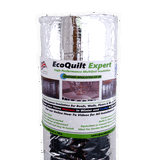
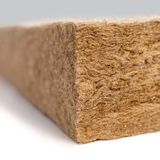
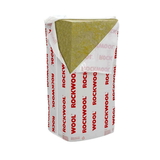
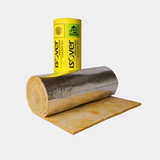


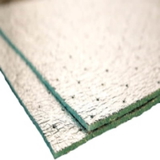
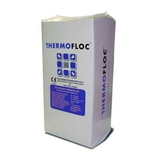
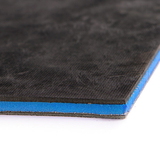
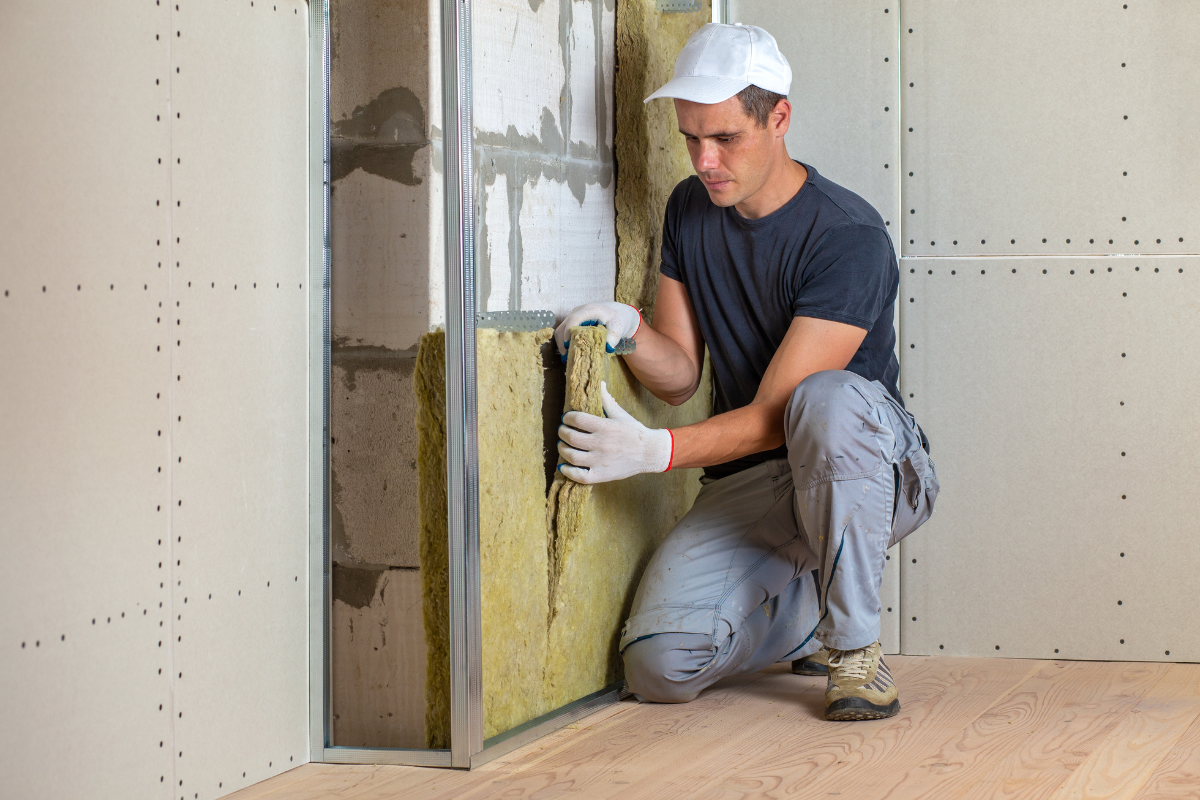 3.1 Shuttering Vents in Underutilized Spaces
3.1 Shuttering Vents in Underutilized Spaces





























































































































































































































































































































































































































